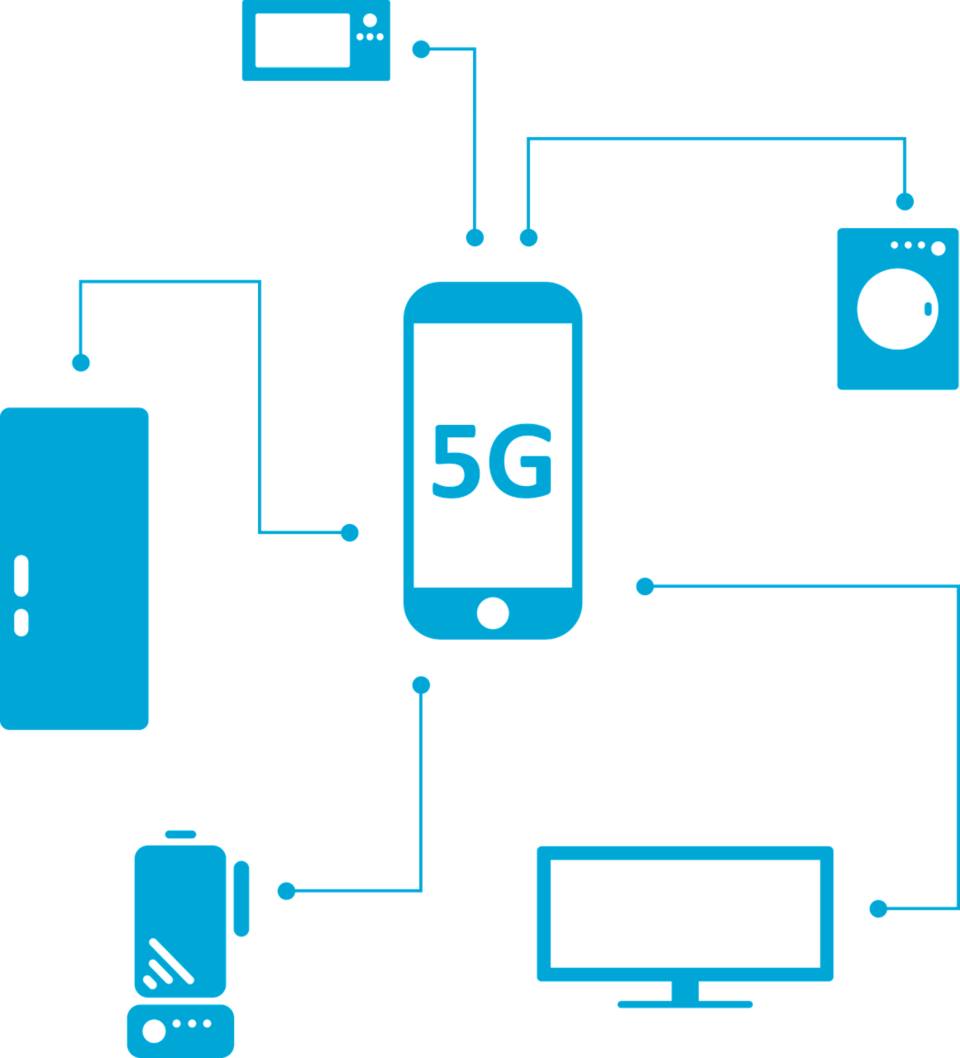5G stands for "fifth generation" and refers to the latest generation of cellular network technology. It is designed to provide faster internet speeds, lower latency, and more reliable connections than previous generations of cellular technology. 5G networks use a combination of technologies such as massive MIMO, millimetre wave spectrum, and beamforming to increase capacity and reduce congestion.
This enables a wide range of new applications and services, such as self-driving cars, virtual reality, and the Internet of Things (IoT). 5G is also designed to support a larger number of devices and connections than previous generations, making it a key technology for the future of connected devices.
Most Canadian mobile network operators (MNOs) are smaller when compared to other global multinational competitors and peers. The three largest Canadian telcos generate three and a half times less revenue when compared to G7 countries such as South Korea and Australia.
Possible Benefits Of 5G In Canada

Job Creation: The deployment of 5G networks in Canada could lead to the creation of jobs in the areas of network infrastructure, engineering, software development, and other related fields.
Increased productivity and efficiency: 5G networks are expected to provide faster and more reliable connections for businesses, which could lead to increased productivity and efficiency.
How Has Canada Received 5G?
Canada's reception of 5G has been on the good side considering the potential benefits the network promises. Things such as loading an online casino site are a breeze with a 5G network. Canada already has some 5G networks available. Additionally, the Canadian government has taken steps to support the deployment of 5G networks, such as making spectrum available for 5G services and investing in infrastructure.
However, there have also been some challenges in the rollout of 5G in Canada, especially for smaller communications companies. One of the main challenges has been the high spectrum cost, making it difficult for smaller companies to compete with larger ones. Additionally, the deployment of 5G infrastructure has been slow in some areas.
Some concerns have been raised about the security of 5G networks, particularly concerning the involvement of Chinese telecom companies in Canada's 5G networks. There have been calls from some politicians and experts to restrict or ban the use of equipment from Chinese companies in the networks, which could potentially delay the full roll-out of 5G in Canada.
Overall, while there is significant interest and potential for 5G in Canada, there are also challenges and concerns that need to be addressed for the technology to be successfully deployed and adopted.
Potential Economic Growth With 5G
In Canada, it has been forecasted that an estimated increase in GDP of $34 billion annually is to be expected by 2035. 5G is likely to benefit most sectors in Canada such as smart mining automation, automated smart farming and autonomous and connected vehicles. This will likely reduce input costs with the opportunity to increase revenue through better services and products. 5G is also expected to have great environmental and social benefits, especially for Western Canada.
It is difficult to say definitively whether 5G has had a positive impact on Canada's economy so far as a whole, as it is a complex issue that is affected by several factors. Some experts believe that 5G has the potential to drive economic growth by enabling new technologies and business models, while others have raised concerns about the cost and potential negative effects on public health and the environment. Overall, the impact of 5G on the Canadian economy is likely to be multifaceted and depend on a range of factors, including government policies, the availability of infrastructure, and the rate of adoption among businesses and consumers.
